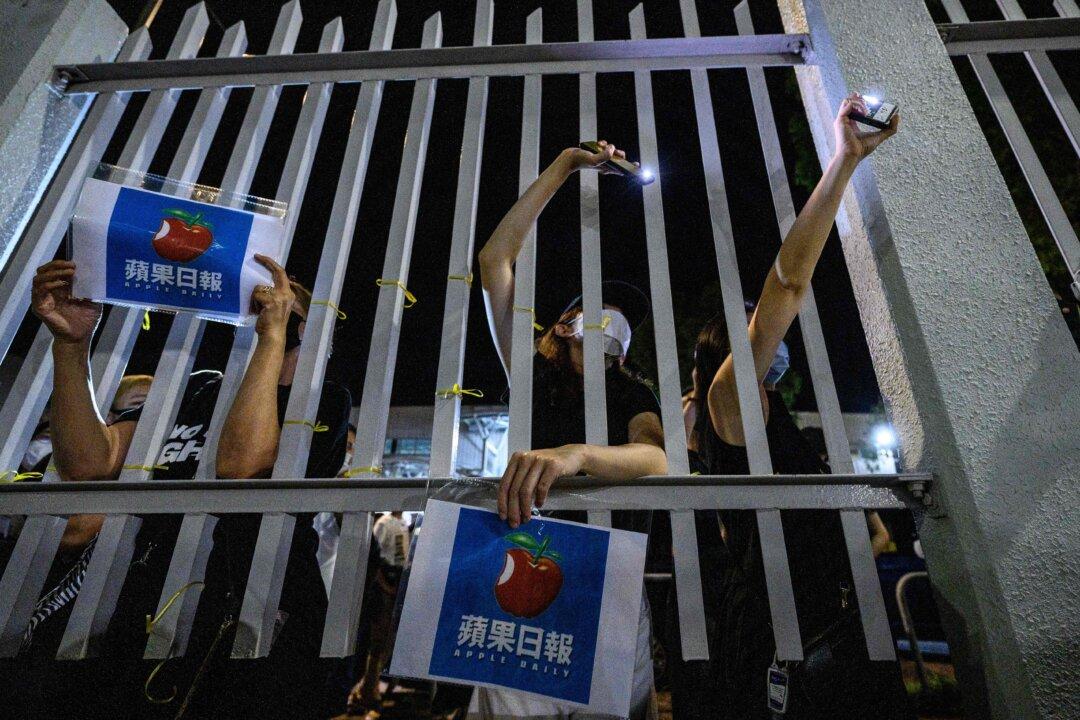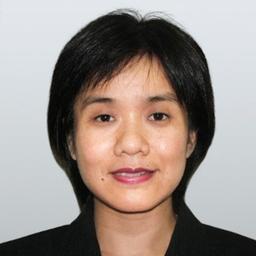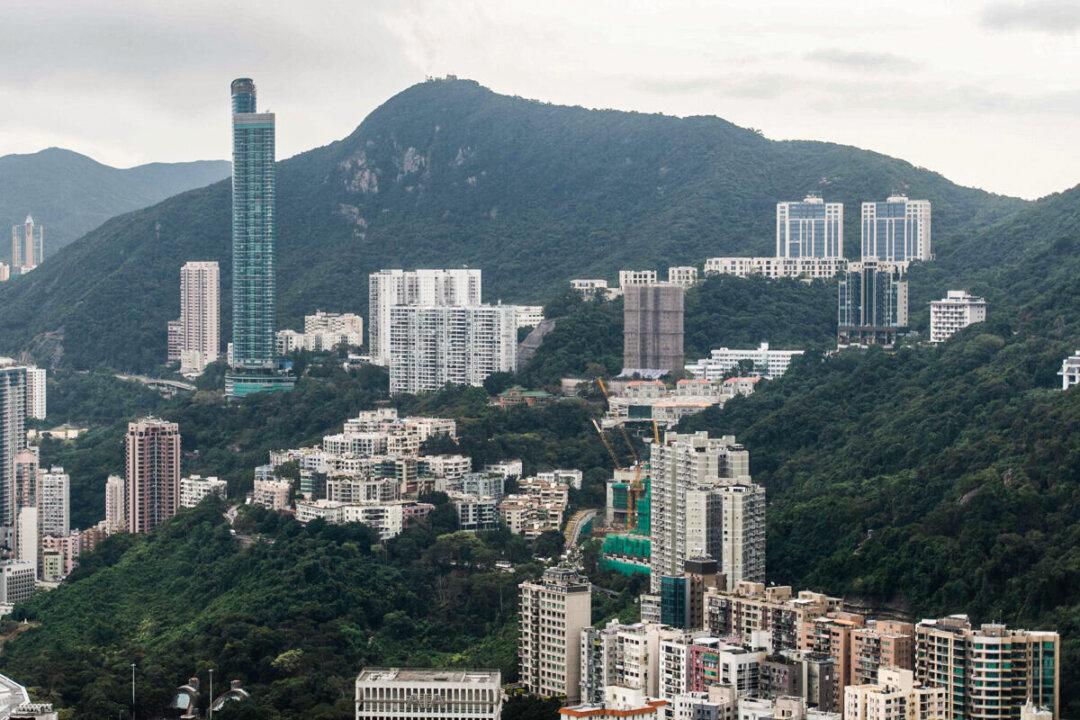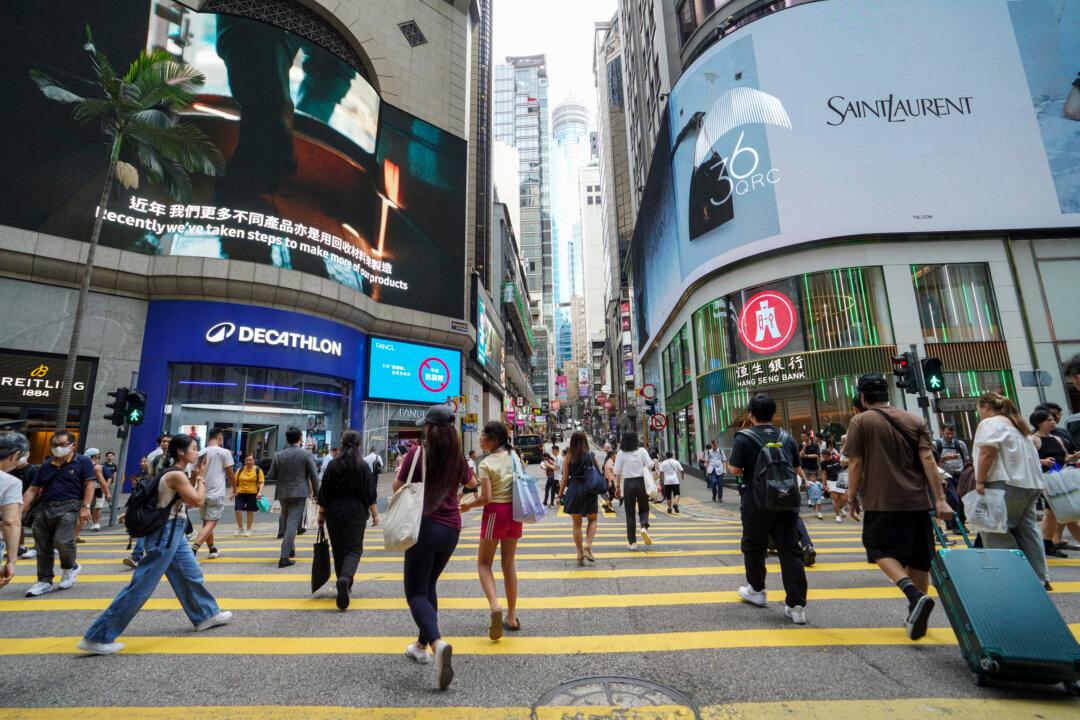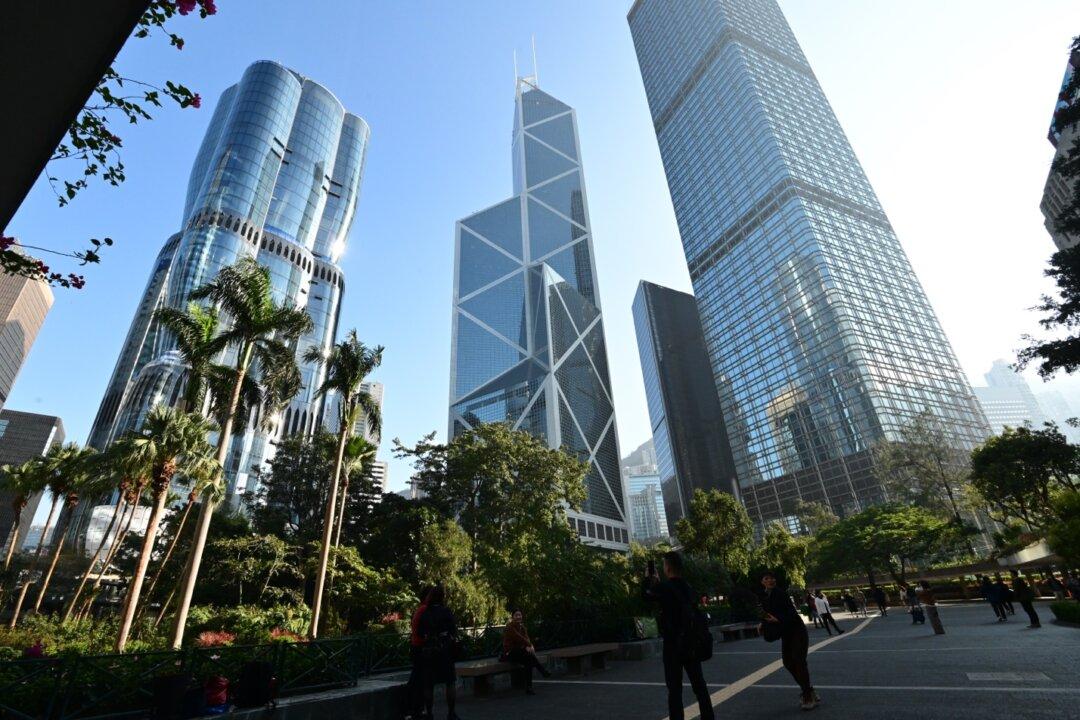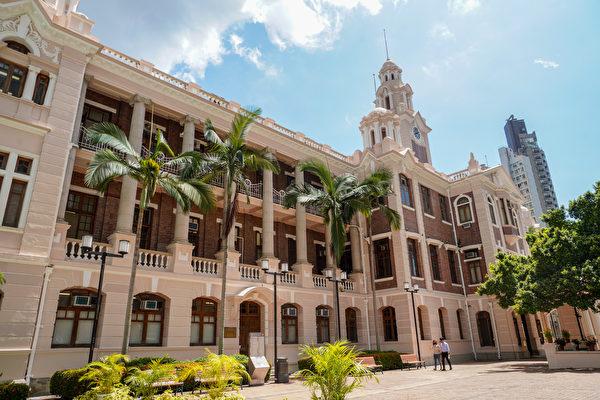On March 1, Paul Harris, a well-known international human rights expert and former chairman of the Hong Kong Bar Association, left Hong Kong with his family the day after being interviewed by the Nation Security Department of the Hong Kong Police for a “cautionary statement.”
At 11 a.m. on March 1, Harris was accompanied by two men in suits to the Wanchai Police headquarters and questioned. He left after about two hours. According to sources, the meeting was related to the Hong Kong Human Rights Monitor, a non-governmental organization founded by Harris. It is reported that he was “cautioned to meet” by the National Security Department of the police on suspicion of violation the Hong Kong National Security Law. During the meeting, he was asked to explain his alleged violation of national security.
